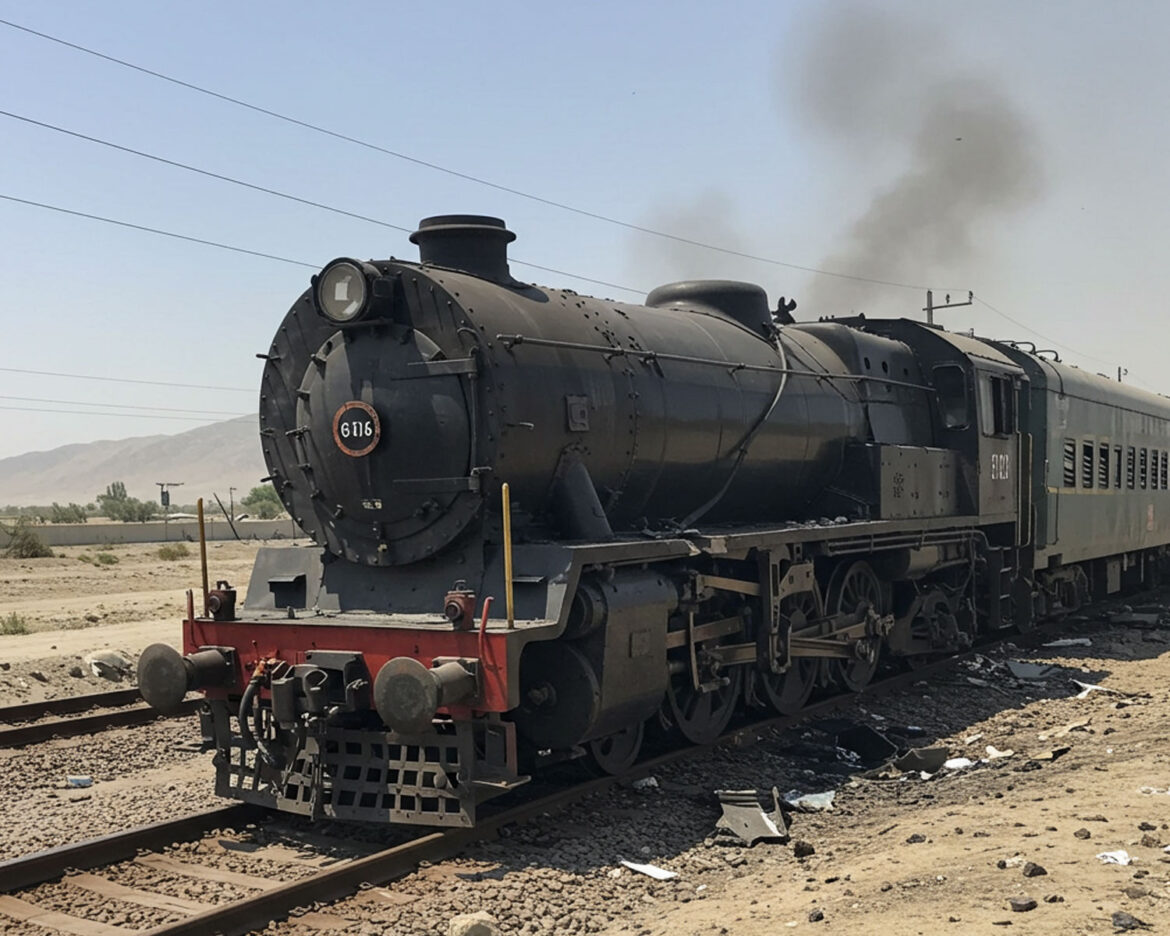Train services on the Quetta–Peshawar route were abruptly suspended after an attack on the pilot engine of the Jaffar Express in the rugged Bolan Pass region of Balochistan. Militants detonated explosives on the track near Tunnel No. 8, forcing the train to stop. The situation quickly escalated when heavily armed assailants stormed the train and took hundreds of passengers hostage.
According to officials, the attackers—believed to be affiliated with the banned Baloch Liberation Army (BLA)—opened fire on railway personnel and passengers, killing the train driver and wounding several others. Witnesses reported that many of the militants were wearing suicide vests and carried automatic weapons.
In response, Pakistani security forces launched Operation Green Bolan, a coordinated counter-terrorism operation involving snipers and commandos. The siege lasted nearly 30 hours, during which security forces conducted a systematic clearing of each train compartment. All 33 militants were eventually neutralized.
While the majority of the passengers—estimated between 400 and 450—were rescued, the operation also revealed the grim toll of the incident. Around 21 to 25 hostages were confirmed dead, reportedly executed by the attackers before the rescue began. Three to four security personnel also lost their lives during the exchange of fire.
The tragic attack led to the suspension of all train services between Quetta and interior Sindh and Punjab for over two weeks. Rail operations, including the Jaffar Express, resumed later in March under heavy security measures.
The government condemned the attack, calling it a “cowardly act of terrorism” aimed at disrupting national infrastructure and instilling fear among civilians. Authorities have vowed to strengthen rail security and enhance intelligence operations in the region.
This incident marks one of the deadliest train hijackings in Pakistan’s recent history and has reignited debates over militant activity and public safety in Balochistan.



